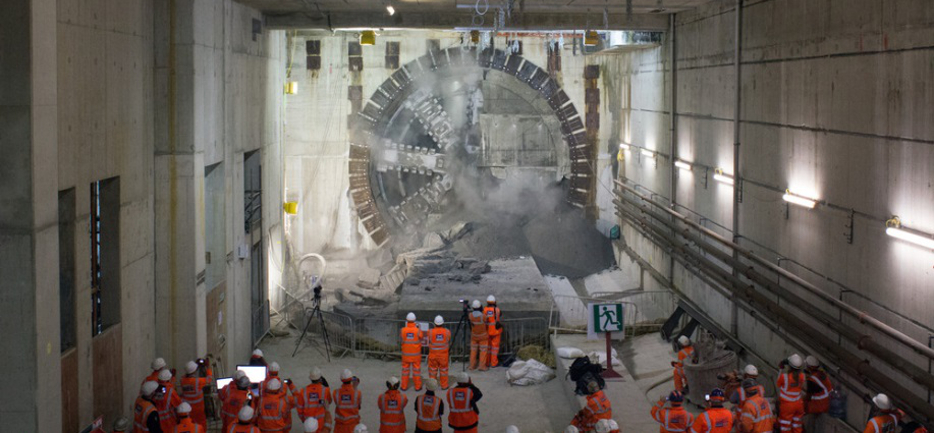There’s now less than 2 weeks until our Journey to Success event- an evening of discussion and debate about how to be successful in Engineering and Architecture. The event is aimed at young designers and those taking a keen interest in mentoring younger generations and will be held in Central London on Wednesday 12th February. More information on the upcoming event can be seen here.
The first Journey to Success took place in July 2013. Initiated by Jumana Al-Zubaidi and Lee Franck, two young members of the British Group of IABSE, the idea for the event stems from the realisation that whilst there is an abundance of technical lectures that young people can attend, there is a lack of guidance on how young professionals can develop their careers in the industry. Hearing from people with experience who have developed their career to great success is invaluable. Below is Lee’s report on the event:
‘The evening event took place in one of central London’s most traditional pubs, providing a relaxed and informal atmosphere which encouraged much debate. Antony Oliver, editor of the New Civil Engineer and chair of the event, created an animated round of discussion between the three panellists and encouraged the audience to ask about everything they ever wanted to know but were afraid ask. He stressed the importance of events such as Journey to Success for young people to celebrate their career and to create an industry which is known for its passion, commitment and expertise, essential in delivering the country’s vision for the future.
The panel presented a broad range of expertise from academia, consultancy and construction. It consisted of James Bishop, Associate Partner at Foster + Partners, Sarah Fray, technical director of the Institution of Structural Engineers and David Nethercot, former Head of the Department of Civil and Environmental Engineering at Imperial College and current president of IABSE. Topics discussed included the importance, or not, of having a grand plan, the role of a mentor, specialising vs generalising, life/work balance, the importance of chartership and many more.
I personally took away from the discussion that some key ingredients to success are becoming chartered, a reputation for delivering work without mistakes, building up and maintaining professional relationships and being able to represent the company externally. It is not only about being good at your project work or research, but it is also about the relationships and exchange you have with other professionals and the opportunities which might arise from these connections. Not all opportunities are worth pursuing, but all should be considered carefully before accepting or dismissing them. Being comfortable and to a certain point fatalistic about decisions taken is important too, however if one becomes stuck in a situation, there is no bravery in suffering on. It is not necessary to move to move up; bigger companies often provide the possibility to move within. It is key to build a breath of knowledge and a wide network that can be built upon later, which can both be achieved by staying with the same company or changing employer. All of the panellists agreed they never changed job for money, but they pursued their personal interest to maximise the satisfaction they enjoy from their daily work. Whilst most engineers would move from a technical side to a more managerial position at one point, some can rise to director level by staying on the technical side. Since key to moving beyond associate level is to facilitate others, it is absolutely important not to lose touch with the hands-on side and not to lose the interest and passion for the detailed work. Both specialist and generalist career paths can lead to success as long as you know your limitations, maximise your personal attributes and be known to be good at what you do.
Feedback collected from participants suggested that the event had been well received and that there was interest for a second edition to take place towards the end of 2013. During the debate, the importance of building up a professional network from early on in one’s career was stressed many times and I believe that IABSE can play a key role in facilitating this. Through events such as the Journey to Success or the annual Future of Design Conference IABSE can provide young people with a platform of the most talented and enthusiastic designers worldwide to exchange knowledge and views, create professional links for the future and share the passion for their career.’

